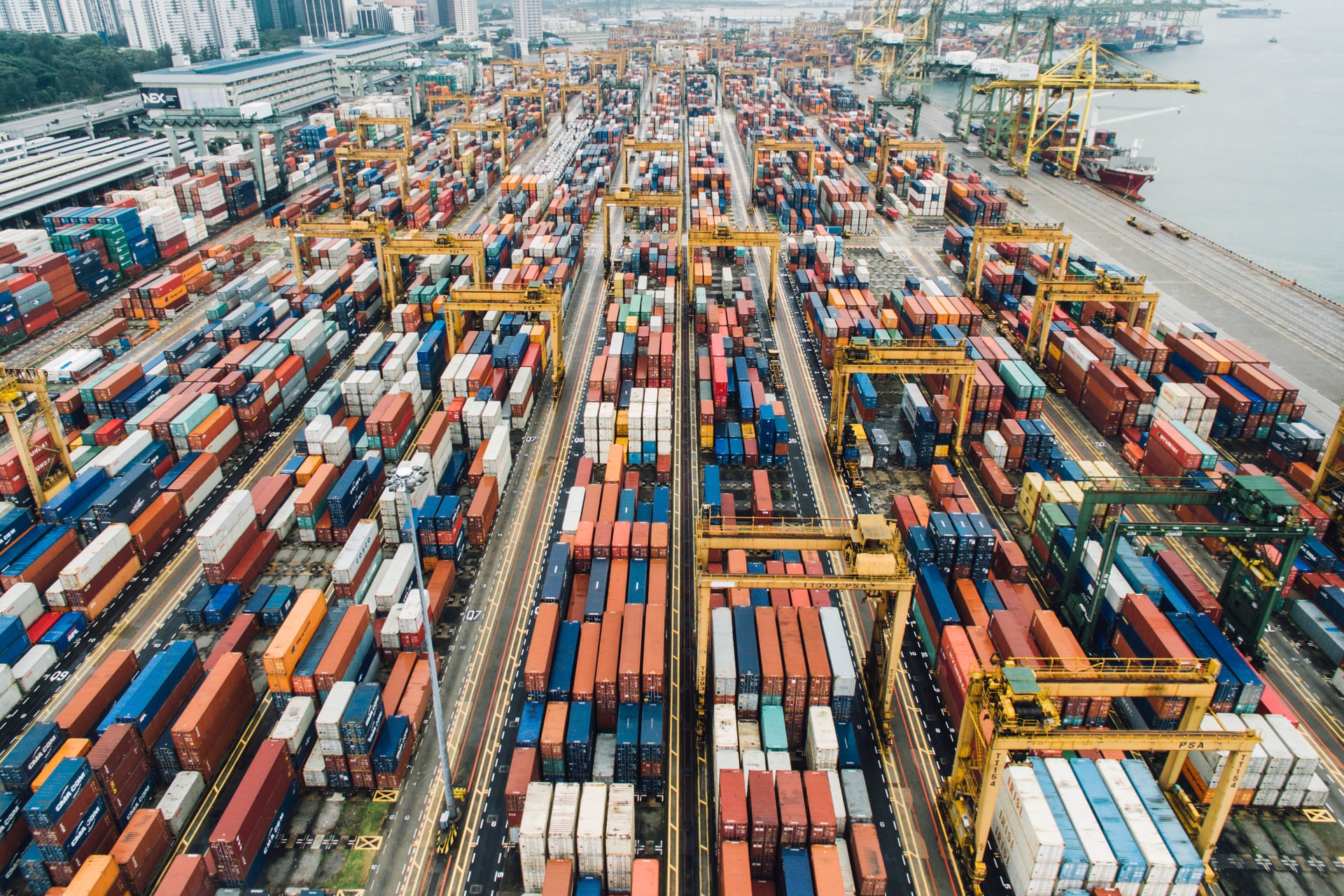Fintech Frontiers: Innovating Finance Through Cooperation
The financial industry is not the same anymore. It has been significantly affected by emerging technologies that has completely rewritten the rules around financial inclusion. Three-fourth (76%) of the global adult population now owns an account. The number of adults without access to an account dropped from 2.5 billion to 1.4 billion, between 2011 to 2021.
The fintech sector is poised to become a US$1.5 trillion industry by 2030, with Asia-Pacific projected to become the world’s top fintech market, followed by the US, EU and the UK. Moreover, global adoption of fintech apps also surged between 2020 to 2022, growing by 38%, indicating a strong preference by consumers to gain more control over their finances.
Fintech companies have also surged in numbers, with the US having the most fintech unicorns globally, followed by the UK and India. The US had 166 fintech unicorns, while the UK had 30 and India had 22 as of February 2024.
The pandemic played one of the greatest catalyst in its adoption. Over 50 developing countries used digital payments to deliver COVID-19 relief. Moreover, regulators globally also expanded the use of digital ID, increasing flexibility in e-KYC and transaction limits, while suspending or reducing fees for digital payments. Businesses were also quick to pivot to digital payments and finance amid the pandemic – noticeably due to significant increase in first-time users. Surge in digital payments also led to rapid growth of the e-commerce sector, particularly in emerging markets such as Latin America.
“Access to critical financial services, such as payments, savings and insurance, helps people improve their lives. But access is unequal and poor people and small firms typically have fewer options. Fintech has shown its potential to close gaps in the delivery of financial services to households and firms in emerging markets and developing economies,” said Caroline Freund, World Bank Director for Finance, Competitiveness and Innovation.
Due to social distancing and lockdown measures initiated by several countries amid the pandemic, businesses were quick to go online. Over 10% of EU enterprises started or increased efforts to sell goods or services online via websites or apps or e-commerce marketplaces, with most of the interest coming from large- and medium-sized enterprises.
Increasing adoption and the push of pandemic has been crucial levers for the growth in fintech. Emerging fintech solutions stand to further reshape the narrative around global finance. But to truly drive global financial inclusion, collaboration between fintech, government and banks will be vital.
This is one of the topics being discussed in the upcoming 10th Horasis Global Meeting, scheduled between 7 to 10 October 2025, in São Paulo, Brazil. The meeting will draw together expertise, opinions and experiences of global leaders from various backgrounds on finding cooperative frameworks to our present challenges.
Promising Fintech Solutions
Investments toward global fintech had surged in the decade before the pandemic, dipping the lowest in 2024, since 2017. The year 2025 looks to be a crucial year for the fintech sector. President Trump’s “Liberation Day” tariffs will have a dual impact on fintech innovation. On the one hand, international fintech startups will hesitate entering the US market, due to trade restrictions and tariffs. On the other, international fintech startups will be more attracted to the US for its more flexible regulatory environment.
Emerging fintech solutions are also rewriting how we access and interact with our finances. Now it is very much a reality for an individual to access a whole suite of banking services via their smartphones. Known as neobanks, these digital banks have paved the way towards financial inclusion for underserved populations, particularly in remote areas.
Open banking frameworks are also enabling a collaborative environment between banks and fintech companies, providing value-added services and enhancing customer experience. This furthers financial innovation that benefits overall society and also helps banks retain existing customers. As a sector, the open banking market is expected to exceed US$130 billion by 2032, growing at a CAGR of over 22%.
Another transformative fintech innovation is embedded finance that enables implementation of financial services such as payments and lending into non-financial platforms. Take the case of Amazon, a global e-commerce giant that is providing a host of financial products and services such as Amazon Pay, Amazon Cash and Amazon Lending, allowing users to make secure and convenient payments, while accessing loans and credit lines.
Realizing fintech’s potential will necessitate collaboration between key stakeholders. Progressive regulations that enable fintech innovation and makes it easier for investment to flow in promising fintech startups should be the first priority. Governments should also be open to collaborating with other countries, open up their borders for seamless flow of technology, investments and people. Fintech frontiers can only be achieved if we work together, building on our strengths to drive inclusive and sustainable growth.



